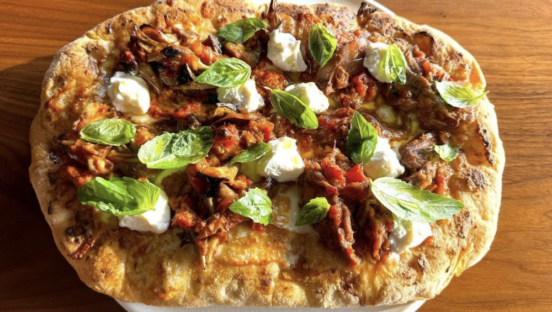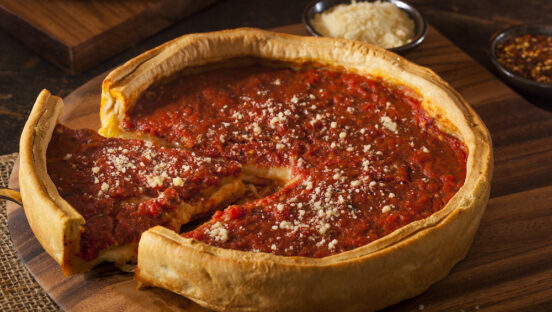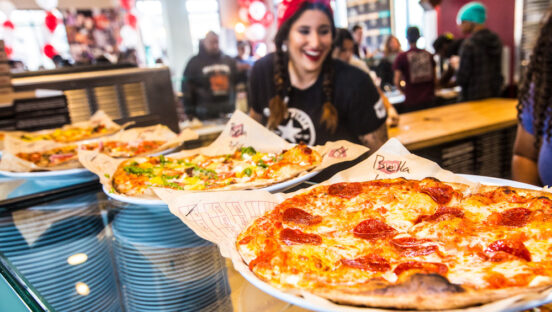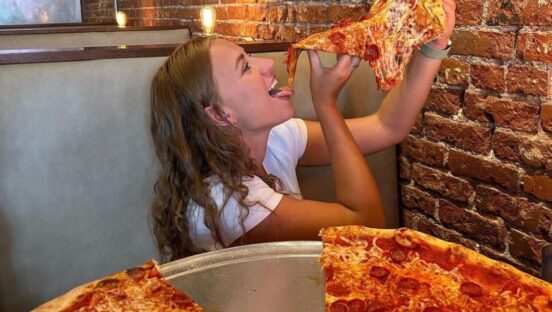Insurance is one of the few things in life that we purchase every year with the hope that we’ll never use it. Seems silly, but as a business owner, the peace of mind that insurance can provide is priceless. Without protection, one lawsuit resulting from a food-related illness or a delivery-related accident can permanently shut down a small, independent pizzeria. “The one thing we can’t control is accidents,” says Michael Carroll, president of Insure Pizzeria in Maumee, Ohio. “Insurance transfers the risk.”
There’s a lot to think about when deciding on coverage. What’s the minimum you need? How much will it cover? Does your business need everything the insurance company is selling? For starters, let’s take a look at what is considered the minimum requirement for a pizzeria, according to some top insurance experts and providers specializing in the pizza industry.
Business Owners Policy—According to Loretta Worters, vice president of the Insurance Information Institute (III) in New York, a Business Owners Policy (BOP) can protect a pizzeria against the most common risks. “Fire, burglary, liability and business interruption losses are all covered under a BOP,” Worters says. “A BOP is prepackaged, so there’s only one policy to review, and it can be more cost-effective than purchasing separate policies. Additional coverage can be added in the form of endorsements or riders.”
Commercial Package Policy—Normally, companies with less than 100 employees and revenues less than $5 million are candidates for a BOP. However, Worters warns that some types of businesses, such as restaurants, may be ineligible for a BOP because of the specific risks inherent in the business. “It depends on the type of pizza parlor you have,” she says. “If it’s more like a restaurant, you may not qualify for a BOP, but rather a Commercial Package Policy (CPP), which is available for a wide range of businesses and can be better customized to the specific needs of your pizzeria. Most CPPs include property insurance and general liability insurance.” Check with your insurance provider to see which one fits your business best.
If you decide to purchase your required insurance policies separately, you’ll need the following:
Property Insurance—Even if you don’t own the property that houses your pizzeria, you should be insuring the equipment and improvements you make to the space, according to Carroll. “You are responsible for everything inside your business, from the cost of buildouts to all of the equipment you’ve purchased,” he says. “The cost to insure your property is fairly inexpensive, and you can add extra protection with Improvements and Betterments Insurance.”
General Liability Insurance—Slips, falls, food-rated illnesses—anything can happen in a pizzeria. General liability insurance will protect you if anyone is injured on your property.
Workers Compensation—According to the III, workers compensation insurance covers the costs of medical care and rehabilitation for workers injured on the job. It also compensates them for lost wages and provides death benefits for their dependents if they are killed in work-related accidents, including terrorist attacks. “Workers compensation is mandatory in every state except Texas, where employers may opt out of the state’s workers compensation system,” says Worters.
“Workers comp can be tricky when delivery is involved,” adds George Tomlinson, producer at Concklin Insurance Agency in Lombard, Illinois. “Not many people want to cover it, because there’s an exposure that’s above normal.”
The cost of workers comp insurance is based on payroll numbers, according to Carroll. “The more drivers you have, the more it will cost,” he says. “It can be tough for delivery pizzerias to get workers comp insurance, but there are companies out there that will help the industry.”
 |
|
Hired Auto/Non-Owned Auto Coverage—also called Driver Liability Insurance—does not cover damage to a delivery driver’s vehicle. If your driver is injured during an accident, workers comp insurance will cover the claim. |
Hired Auto and Non-Owned Auto Coverage—“Hired Auto Coverage is similar to rental car insurance, while Non-Owned Auto Coverage is liability coverage that protects the pizzeria operator from third-party claims if someone/something is damaged,” Tomlinson says. “I wouldn’t have less than $1 million coverage for Hired/Non-Owned Auto.”
It’s important to note that Hired Auto/Non-Owned Auto Coverage—also called Driver Liability Insurance—does not cover damage to a delivery driver’s vehicle, according to Carroll. Additionally, Carroll says, “Accidents caused during a pizza delivery are excluded on personal driver insurance.” If your driver is injured during an accident, workers comp insurance will cover the claim.
Employment Practices Liability Insurance (EPLI)—EPLI covers companies against claims or lawsuits filed by employees, former employees and employment candidates regarding their employment relationship with an employer, according to the III. These can be claims related to sexual harassment, unfair termination, wage-per-hour disputes or discrimination. “This type of coverage protects the company, its directors and officers, as well as current and former employees,” Worters says. “EPLI policies may also cover seasonal employees, leased employees and independent contractors.”
Additional Recommended Insurance
Finally, the policies below are not required, but several insurance providers highly recommended them. Take them under consideration when putting your policy together.
Umbrella Protection—While not a necessity, Carroll suggests Umbrella Protection to cover anything that happens above and beyond what other coverage may not cover. “You can purchase increments of $1 million in coverage at a time,” he says. “If something happens, such as a slip and fall, you want a big umbrella to protect you from a huge lawsuit.”
Cyber Liability—Tomlinson says that this insurance, which is growing in popularity, protects a pizzeria against credit card and social security theft.
Key Person Insurance—“Many businesses—especially small businesses with fewer employees—depend on a single person or a few key people for their success,” Worters notes. “If a key person becomes unable to work or dies, the business might be temporarily unable to operate, resulting in lost revenue.” With Key Person Insurance, the pizzeria can continue to pay the bills while searching for a replacement. “In instances where a business cannot survive without the key employee, the funds from key person insurance can be used to pay severance to employees, distribute funds to investors and close the business in an orderly manner,” she says.
The total cost to insure your pizzeria can tip the scales at almost $10,000 per year, but when you consider the alternative of losing your entire business due to one accident, the peace of mind you can purchase for less than $1,000 per month is well worth the cost.















